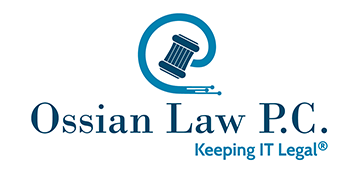Calling or texting consumers without proper consent can lead to a potential violation of the Telephone Consumer Protection Act of 1991 (TCPA). The TCPA prohibits calls and texts to consumers using an automatic telephone dialing system (ATDS) without obtaining the consumer’s prior express consent. An ATDS is defined as “equipment which has the capacity (a) to store or produce telephone numbers to be called, using a random or sequential number generator and (b) to dial such numbers.”
There is a split between federal appellate courts as to the whether an ATDS must, in all instances, include the use of “random or sequential number generator.” In Glasser v. Hilton Grand Vacations, the 11th Circuit Court of Appeals has recently ruled that it does. By contrast, the 9th Circuit’s 2018 decision in Marks v. Crunch San Diego adopting a broad interpretation of an ATDS to include the use of any auto dialing device even without the generation of random or sequential numbers. Highly awaited is the FCC’s release of a new guidance that could definitively establish the scope of an ATDS.
The Glasser decision is available here. Contact us at Ossian Law P. C. regarding any information technology law matter.
© 2020 Ossian Law P.C.
